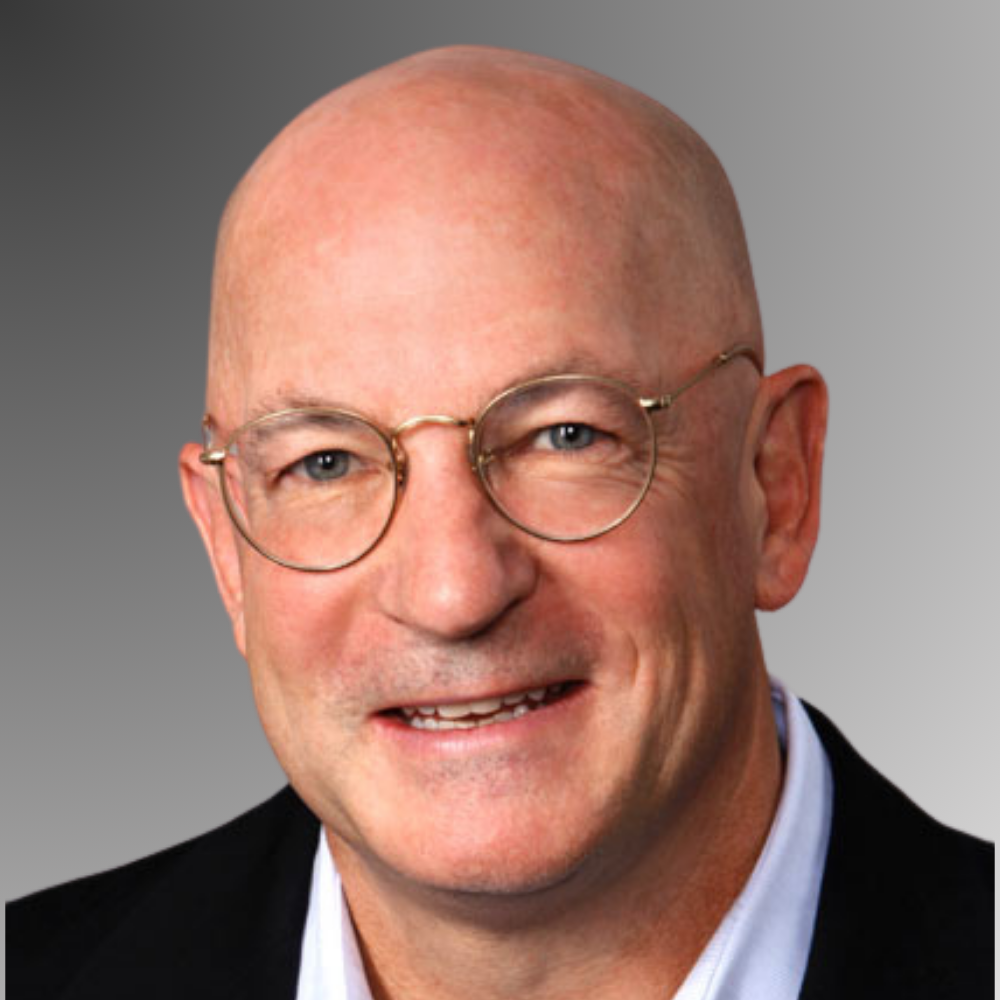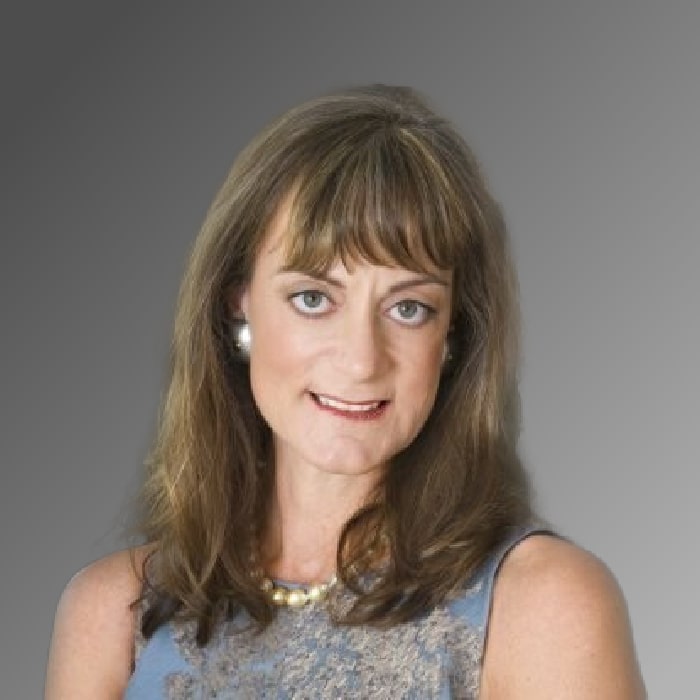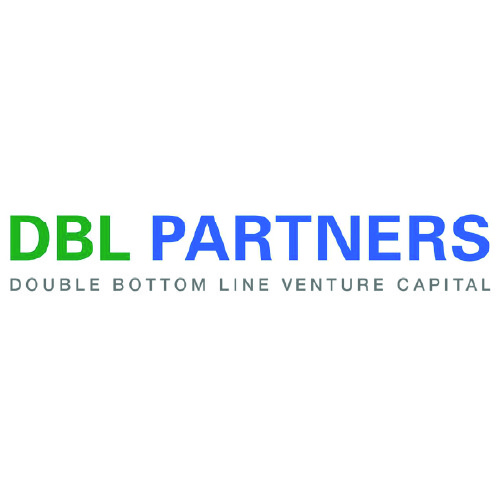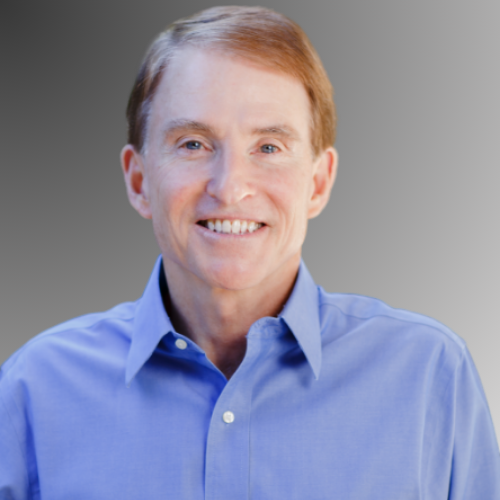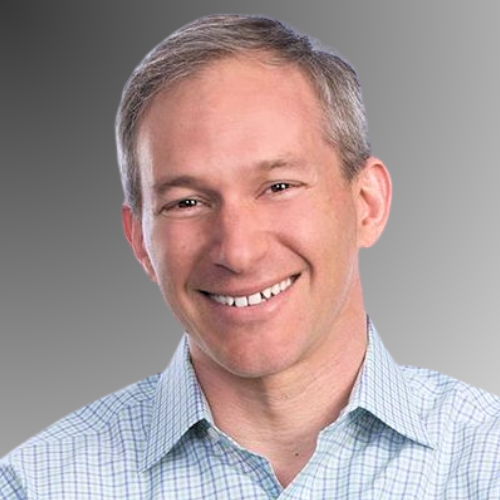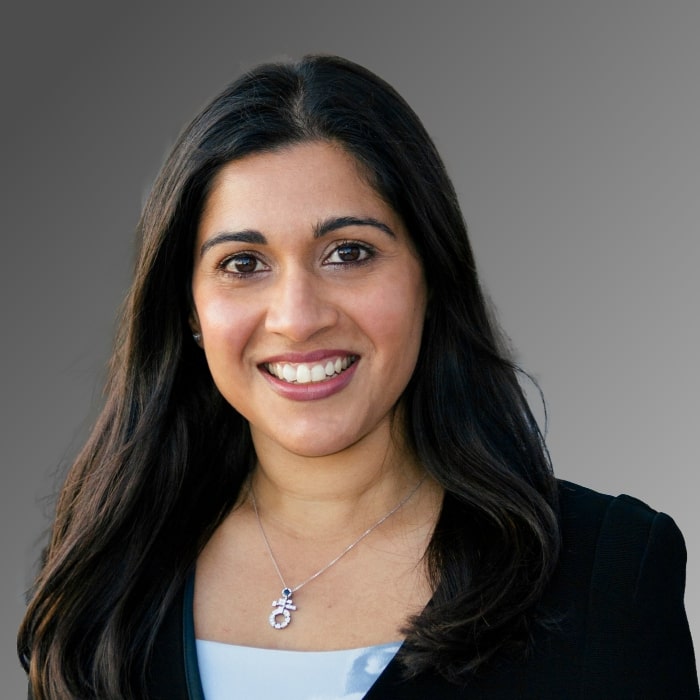Boundary Rules & Breakthroughs from Temple Fennell from Clean Energy Ventures
Corporate Venturing Insider regularly spotlights voices from across the corporate venture ecosystem to surface best practices for supporting entrepreneurs. Over the past five years, we’ve featured leaders from Intel Capital, NEA, JetBlue Ventures, Qualcomm Ventures, Samsung Ventures, and more. In 2025, we’ve continued that exploration — this time through the lens of cleantech venture capital to better understand the challenges and opportunities of working with CVCs.

In May 2025, TDK Ventures’ Nicolas Sauvage sat down with Temple Fennell, co-founder and managing partner at Clean Energy Ventures (CEV), to discuss his systems-driven investment philosophy, experiences working with CVCs, and the potential for industrial decarbonization, even under a second Trump administration.
Engineering a New Path
Fennell didn’t start in venture capital. He earned his stripes as a systems engineer in the 1990s, co-founding startups in online gaming and education before pivoting into complex project finance. In the early 2000s, after marrying into a family with oil, gas, and agriculture holdings, he helped steer their investments toward regenerative agriculture and clean energy, viewed as a hedge against fossil fuel volatility.
His entry into wind power came through a former colleague turned wind developer. “I loved the technology,” Fennell recalled, “but I couldn’t understand who the customers were or who would acquire these companies.” That disconnect, and the wind industry’s reliance on production tax credits, led him to take a contrarian approach rooted in fundamentals.
“As I got deeper into project finance, I wanted to understand the actual technology,” he said. That curiosity drove him to enroll in MIT Sloan’s fellowship program to gain fluency in emerging energy systems and innovations.
From Syndicate to Strategy
In 2011, Fennell joined a group of family offices investing in cleantech pioneers like Tesla. That network became the CREO Syndicate, which grew from 20 families to over 230, representing nearly $1 trillion in private wealth. Through CREO, he met the Clean Energy Venture Group (CEVG), a technically deep team with a remarkable track record.
“Despite investing in advanced materials and hardware, they’d only written off 15% of the portfolio,” Fennell noted. Impressed by their rigor and returns, he helped bring CREO Capital into a formal fund. What began as a $50M target quickly ballooned to $110M.
“You can’t really be a growth investor,” he said, “unless you have a deep understanding of what’s being developed upstream.”
Smart Filters, Strong Partners
That principle now drives CEV’s disciplined investment model. Every deal must pass three filters: boundary rules, priority rules, and stopping rules.
Boundary rules set technical thresholds, like green hydrogen production below 35 kWh/kg, to filter out non-viable technology for a space. “That one rule screens out 90% of the deals,” Fennell explained. Priority rules help allocate limited attention. “It tends to be first in, first out, and that shouldn’t be the case,” he added.
Stopping rules guide when to pause. “If a deal is in limbo, we move it to watch mode and give clear milestones.” That pause can be productive: “We put Macrocycle into watch mode for a year and a half, gave them two specific things to solve, and they solved both.” They have now invested.
CEV’s rigor also extends to corporate VC partnerships. Nearly 70% of its portfolio includes CVCs. They can bring validation, customer access, and technical insights. In one plastics investment, CEV teamed up with European recycling leader EREMA, which helped reduce buildout costs from $100M to $20M.
“These partnerships bring more than capital,” he emphasized. “They reduce risk, accelerate timelines, and make ventures viable.”
That said, CVCs can present risks, like leadership turnover or one-sided deal terms. “Sometimes they act like the 800-pound gorilla,” Fennell admitted. CEV’s solution? “We play Switzerland,” he said. “We help both sides understand what’s fair and how to engage constructively.”
Building Companies, Not Just Portfolios
While corporate partnerships are critical, Fennell’s passion lies in company building. “I’m a sense maker,” he said. “I like putting the pieces together.” Nicolas Sauvage called it his “Zone of Genius,” referencing a Kauffman Fellows idea about aligning energy with excellence.
“Most founding CEOs start 100% in the lab,” Fennell noted. “By Series A, they should be 70% focused on org design. By Series B, it’s 70% external — raising money, biz dev, customers.” Some thrive. Others struggle.
That’s where CEV steps in. “We talk about energy — what gives you energy, what drains you?” he said. If a founder isn’t ready for the demands of scale — like 40–60 nights a year on the road — it may be time to transition the CEO role.
“I love building businesses,” Fennell said. “That’s what I did as an entrepreneur — and it’s still what I’m doing now.”
Navigating an Uncertain Future
Looking ahead, Fennell uses tools like premortems to prepare founders for uncertainty. “What could kill this company?” he asks teams early. Identifying threats in advance helps sharpen focus and build resilience.
In May 2025, political uncertainty was top of mind. “No one really knows what the next few months look like,” Fennell admitted. Still, he sees a surprising alignment between industrial decarbonization and U.S. policy priorities.
“Ironically, parts of the U.S. agenda — energy resilience, reshoring, advanced manufacturing — align with climate goals, even if you can’t say the word ‘climate,’” he said. “If you can offer a solution that’s better, cheaper, and faster to deploy, the administration is behind it. Just don’t get caught in the crosshairs of industries they’re not fond of — like offshore wind.”
With a new growth fund in motion, Clean Energy Ventures is doubling down on its strategy: deep technical diligence, operational focus, and scalable, capital-efficient innovation.
“Most of our Fund One companies map directly to the energy agenda of the Trump administration,” Fennell noted.

 You can’t really be a growth investor unless you deeply understand what’s being developed upstream
You can’t really be a growth investor unless you deeply understand what’s being developed upstream 